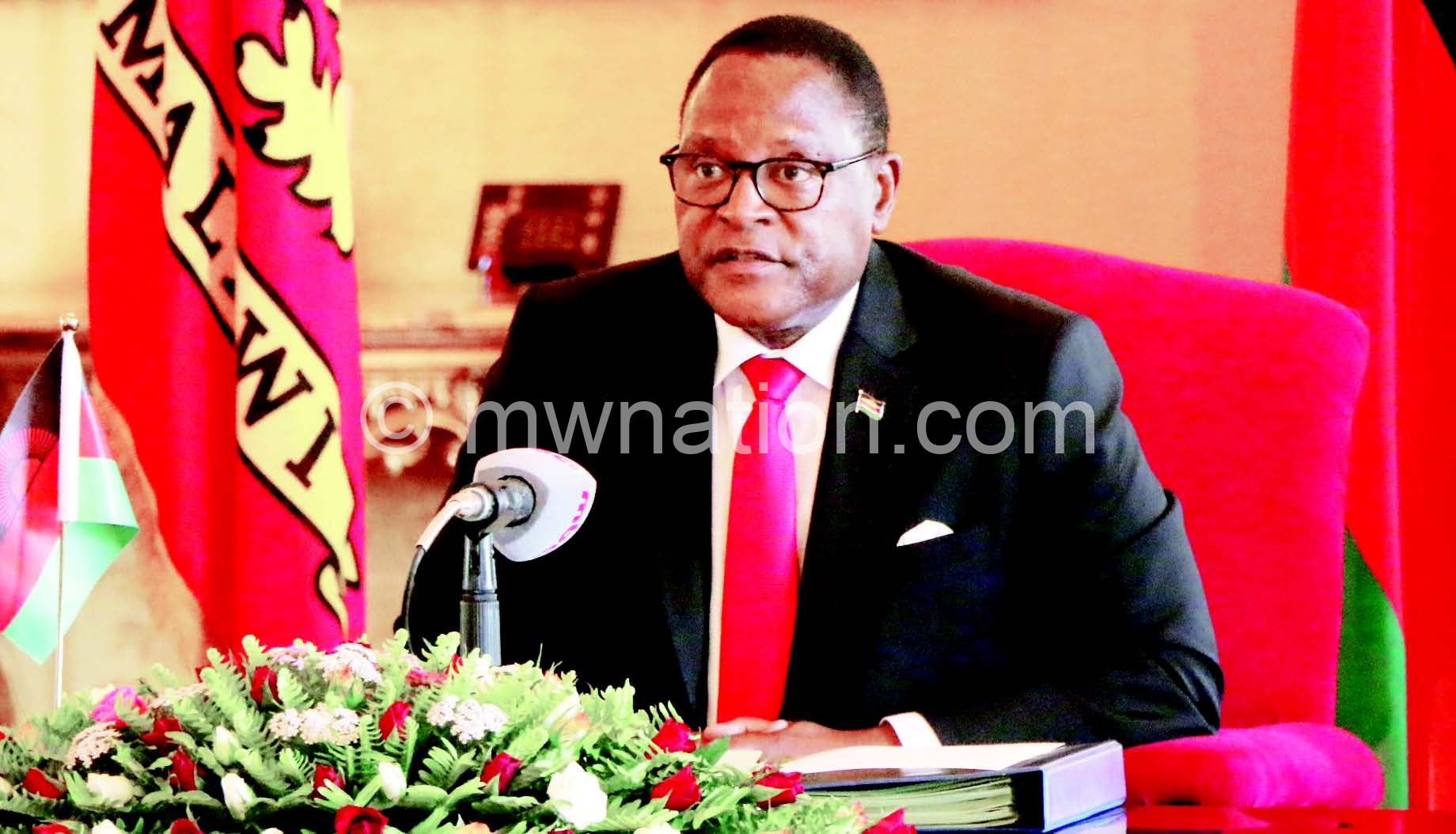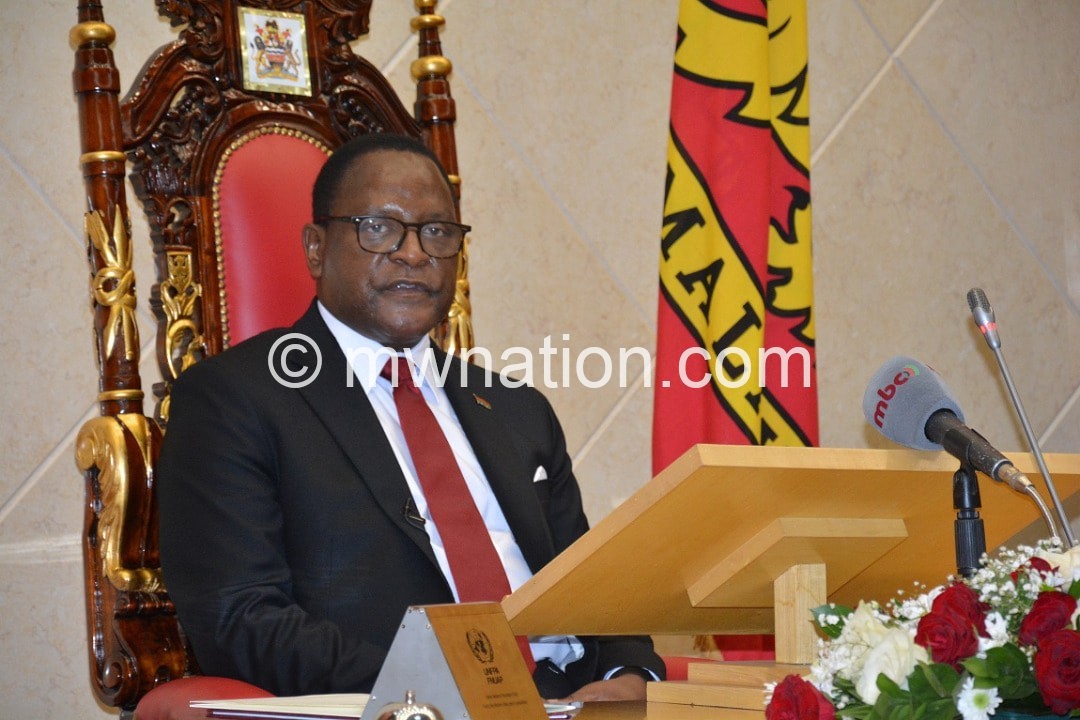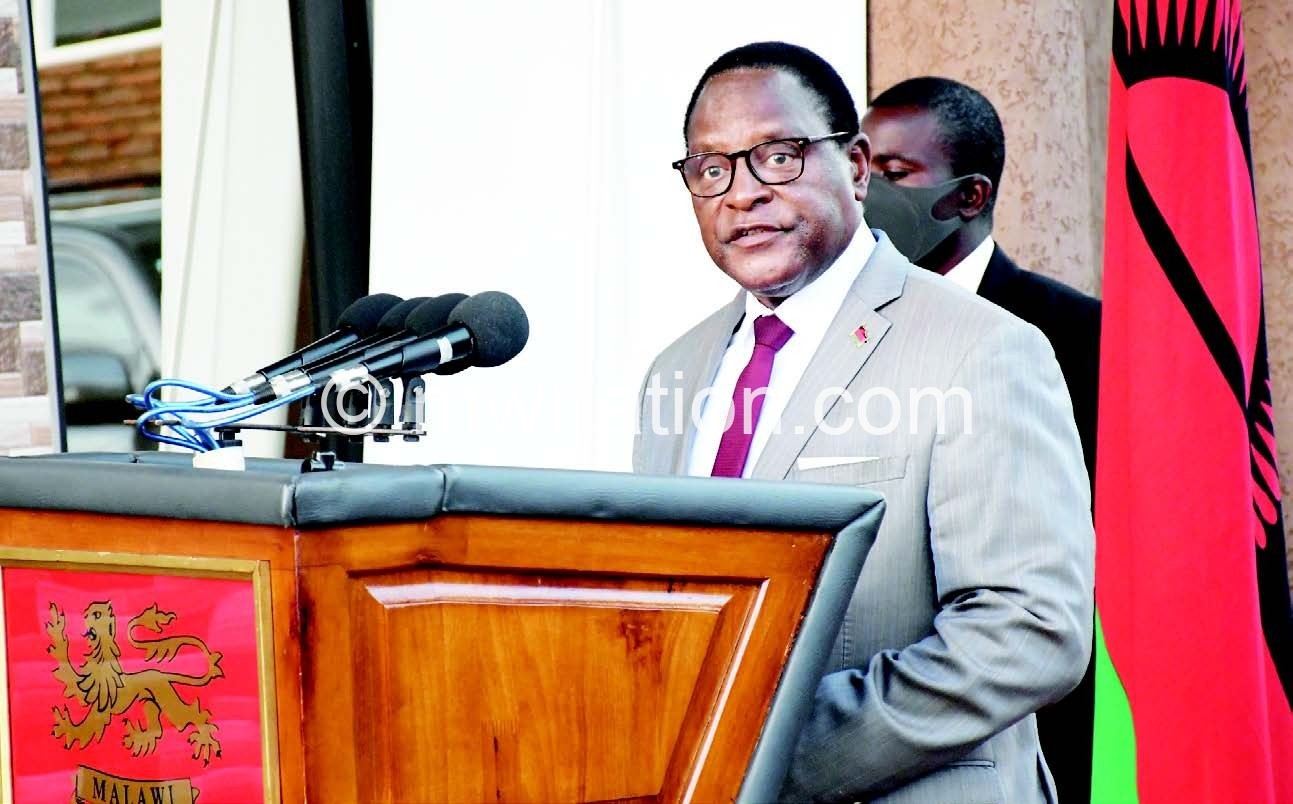‘Citizens are the reflections of their leaders’
In December 2017, I moaned about poor leadership and how distressing it is for Malawians. A week later, a Kenyan friend, Fidel who had read the article online gave me a lengthy lecture about leadership.
His key message was that I should stop agonising about poor leadership in Malawi because citizens are the reflections of their leaders. I was left scratching my head. What do you mean? I asked.
“The leader’s legacy tests the ability to create other leaders as capable successors. True leaders make their associates feel emboldened and powerful, not diminished and powerless,” he argued.
He says Malawi’s leadership problems started in the days of the one-party system when MCP mastered the trick of trapping those closer to Kamuzu Banda: “Although Kamuzu walked a relatively long journey to educate his subjects, he, nonetheless, was unwilling to think beyond his dominion. When he was forced to leave, he left the country in the hands of inexperienced people such as Bakili Muluzi.”
“So forget about having good leaders because leaders in your country do not groom successors and no Vice-President has completed his term while on speaking terms with President.”
Fidel might be right. Aleke Banda, a trusted confidante to Dr Banda was summarily rewarded with 12 years of detention without trial. Potential successor to Kamuzu, Minister of State, Albert Nqumayo was executed. While Gwanda Chakuamba, a key figure within MCP was charged with sedition and given a 22-year prison sentence. He was released from jail, an old man, in July 1993.
It is clear that Kamuzu’s manner of leadership had denied his party the chance to have stronger members who could have been able to carry his legacy on.
When multiparty democracy landed on our shores in 1994 with succession plan in the seat of vice-president, we all hoped for the best. But when Bakili Muluzi took over power, his relationship with his deputy Justin Malewezi was rocky from the start. Malewezi was later to be mocked as an incompetent Vice-President who lived only to nurse his weak kidneys. Muluzi went on to handpick Bingu wa Mutharika as his successor.
In 2004 elections, Bingu was paired with Cassim Chilumpha. But two years later, Chilumpha was arrested at his home for alleged treason. Chilumpha was accused of conspiring with Yusuf Matumula and Rashid Nembo to have Mutharika assassinated. He spent the remainder of the term under house-arrest ‘surviving on Fanta’ as he claimed his monthly budget was cut to zero.
In 2009, Bingu handpicked Joyce Banda (JB) as his deputy. However, a year down the line, JB was chased away from the ruling party for ‘forming parallel structures’.
When Bingu collapsed and died in April 2012, JB took over power as Malawi’s first female president, her vice-president was Khumbo Kachali. But as fate would have it, Kachali was also unceremoniously left in the cold ahead of 2014 polls. Banda picked a young man, Sosten Gwengwe as her running mate only to suffer defeat at the polls.
Currently, President Peter Mutharika and his vice, Saulos Chilima are barely managing their sour on and off relationship. Word on the street is that, Chilima is the type of leader Malawi desperately needs to make any tangible progress in the fight against poverty and corruption.
But as Fidel suggests, the paradox of African politics is that it pushes the well experienced and educated from leadership roles only to replace them with those reluctant to change and grow.
And the worst part is that for the Malawian voter, the end justifies the means and the money dished out is always sweet and it does not matter the source, whether public coffers or individual effort.
Believe me; this behaviour of the voter has made it almost impossible for those elected on this premise to remain true to the promise of corruption free leadership as the motivation is huge to plunder resources for the next election around which is a bad thing for good governance.





